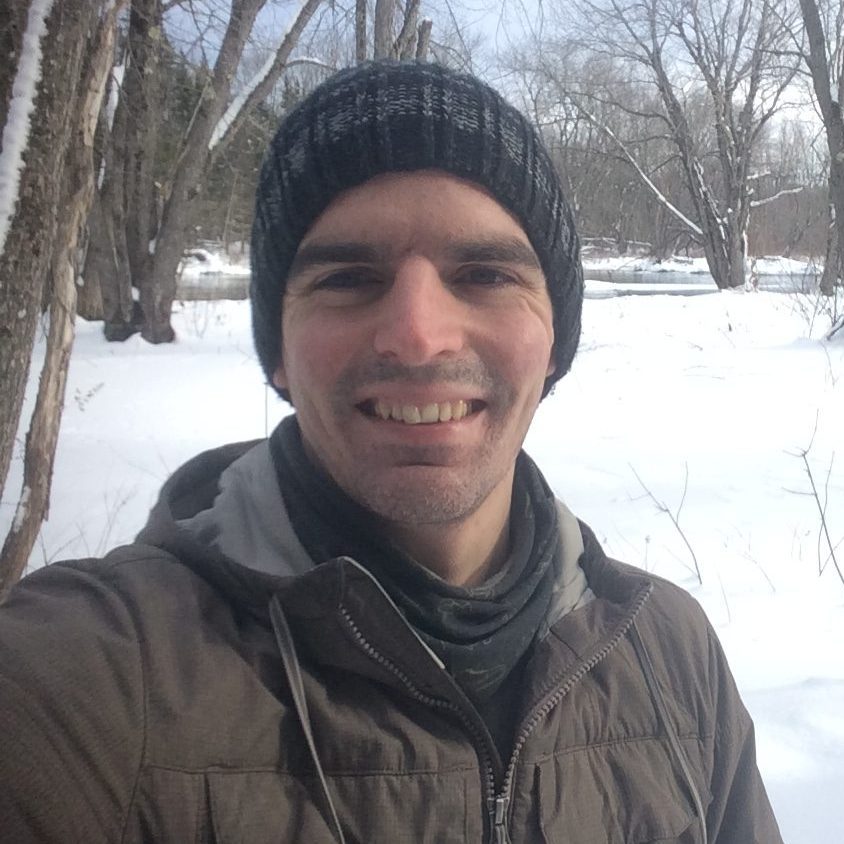
The Center Welcomes Dominic Piacentini – Research Associate
In August, Piacentini graduated with a PhD in Anthropology and Environmental Policy. Before beginning his graduate studies at the University of Maine, his research investigated the ways in which conservation policies of protected areas — like national parks and wildlife management areas — impacted rural communities’ access to culturally important medicinal plants. At the University of Maine, he continued to focus on issues of access for rural communities, especially in areas of intense modes of extraction and infrastructural development like Central Appalachia. He conducted 13 months of ethnographic research in West Virginia, doing interviews and participant observation, with individuals who gather wild-growing foods and medicines, discussing how property dynamics and their patterns of land use have changed in response to the development and partial construction of the Atlantic Coast Pipeline, a 42-inch diameter pipeline intended to transport fracked natural gas from northern West Virginia to the east coast. He found that gatherers’ access to wild-growing foods and medicines is increasingly more restricted in public lands, private properties, and environments informally treated as a commons.
Piacentini has presented at conferences including the International Association for Society and National Resources, the Society for Economic Anthropology, and the Appalachian Studies Association. In November, he will be presenting a chapter of his dissertation at the American Anthropological Association’s conference in Toronto, as a finalist of the Rappaport Student Prize Panel. This year, he was also nominated as the Outstanding Graduating Student for the Department of Anthropology. His dissertation research was supported through grants awarded by the Society for Economic Anthropology, the Lambda Alpha National Anthropology Honor Society, and the Phi Kappa Phi Honor Society.
As Piacentini wrote his dissertation, he also started working at the Policy Center as a graduate assistant. Now full-time, he will continue some of the work he started as a graduate assistant, like doing qualitative analysis of interviews with organizations distributing naloxone across the state, building a database of overdoses in Maine that were either witnessed or unwitnessed, and assisting in case preparation for the state’s Opioid Review Panel. As the Center prepares to launch its collaborative hazard mitigation project with the State Fire Marshall’s office, he am also excited to begin connecting his experience in rural ethnography and environmental policy to a new context.
